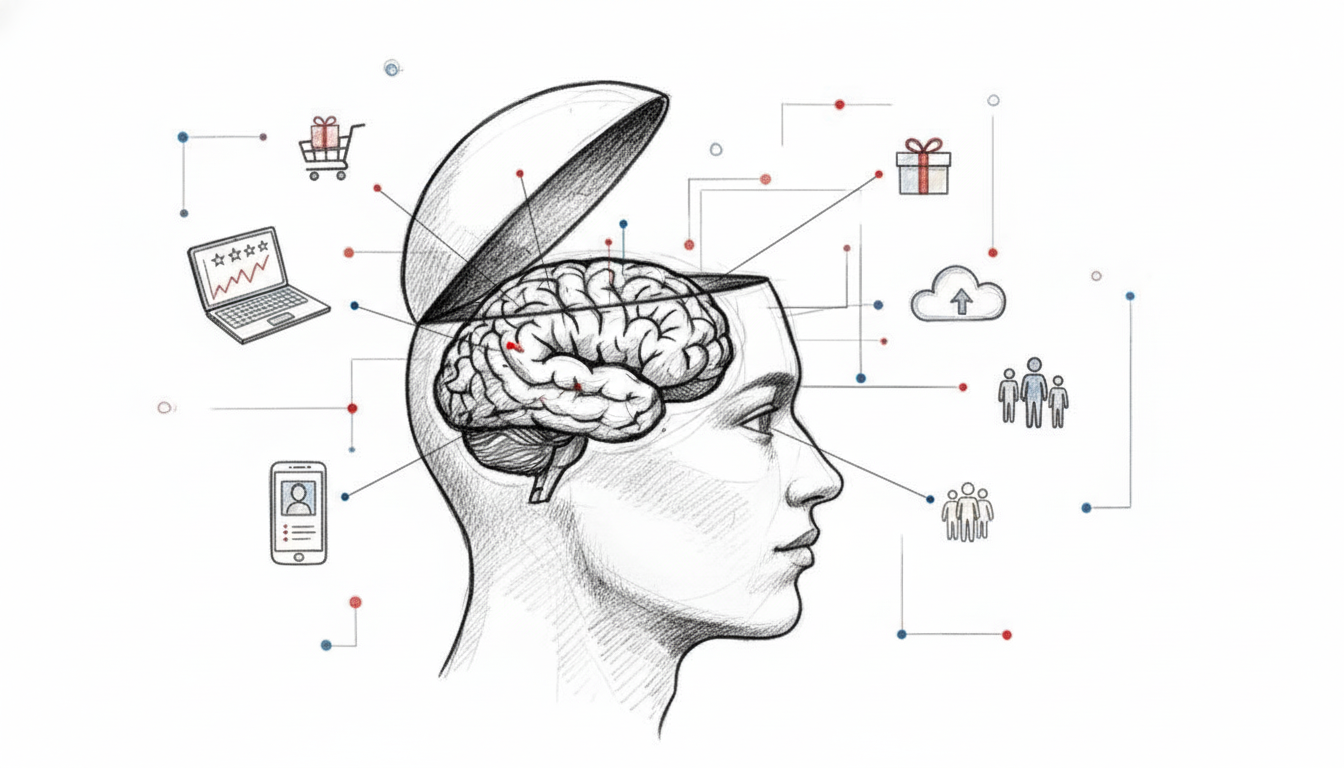AI in Financial Services: Risk, Compliance & Fraud Detection
AI is transforming the finance sector, driving smarter risk management, seamless compliance, and advanced fraud detection through AI cocreation and automation.

The financial services industry has always been at the forefront of adopting new technologies, from the early use of mainframe computers for transaction processing to the digital banking revolution of recent decades. Today, a new wave of transformation is taking shape: the integration of artificial intelligence (AI) into finance. AI in finance is not just another technological upgrade; it is a profound shift in how banks, insurers, and investment firms manage risks, ensure compliance, detect fraud, and deliver services to customers.
This shift is happening against the backdrop of an increasingly complex financial ecosystem. Global regulations are expanding, customer expectations are rising, and digital transactions are surging. The World Economic Forum reports that AI could contribute up to $1 trillion in additional value for the banking sector alone by enhancing customer experiences and reducing operational costs. Meanwhile, risk management functions within finance could see higher efficiency gains through AI-enabled systems. These figures reflect the urgency for financial institutions to adopt AI, not just as a competitive advantage but as a necessity to stay resilient in a rapidly changing environment.
The Growing Role of AI in Finance
AI is now playing a central role in transforming financial services. From chatbots that answer customer questions to predictive models that assess credit risk, the applications are expanding at a rapid pace. AI in finance enhances decision-making by analyzing vast amounts of data in real time, allowing financial institutions to spot opportunities and threats much faster than human analysts could.
For example, workflow automation powered by AI is reducing manual errors and speeding up tasks such as compliance reporting, loan approvals, and fraud monitoring. This helps institutions manage costs while improving accuracy. With AI cocreation, financial organizations are even experimenting with collaborative models where AI tools and human teams design and test solutions together, leading to faster innovation cycles.
AI Use Cases in Risk Management
Risk management has always been at the core of financial services, and AI is making it more predictive and data-driven. AI use cases include real-time monitoring of market conditions, stress-testing portfolios under different scenarios, and identifying anomalies that signal potential risks.
Machine learning models, when integrated into financial workflows, can detect subtle shifts in customer behavior or market volatility that may otherwise go unnoticed. According to PwC, AI-driven models can reduce credit risk assessment errors by up to 25%, significantly improving the reliability of lending decisions. AI roadmap services often emphasize risk analytics as an early stage of implementation, helping organizations build systems that are both resilient and adaptive.
Compliance Made Smarter with AI
Regulatory compliance is one of the most resource-intensive aspects of finance. With evolving global regulations like GDPR, Basel III, and anti-money laundering (AML) requirements, the cost of compliance continues to rise. AI in finance helps address these challenges by automating the collection, analysis, and reporting of compliance data.
AI consulting teams are increasingly guiding financial institutions on how to implement natural language processing tools that can scan regulatory updates and flag relevant changes. Similarly, AI automation services are being used to track transactions for AML compliance, reducing the risk of penalties and reputational damage. Deloitte research indicates that AI-driven compliance systems can cut regulatory reporting times by up to 50%, freeing up teams for more strategic tasks.
Fraud Detection and AI Payment Protection
Fraud detection is one of the most visible and impactful applications of AI in finance. With digital payments growing at unprecedented rates, cybercriminals are constantly developing new schemes. AI-powered fraud detection systems can analyze millions of transactions per second, identifying suspicious patterns and preventing fraudulent activity before it occurs.
These systems use a combination of supervised and unsupervised machine learning to identify unusual behavior, such as sudden changes in transaction size, frequency, or location. An AI implementation partner can help financial institutions design these fraud detection frameworks while ensuring they integrate seamlessly with existing payment systems. This is critical for enhancing transaction security and AI payment protection.
According to a recent report from the Association of Certified Fraud Examiners, organizations lose an estimated 5% of their revenue to fraud annually. By leveraging AI, institutions can reduce this number substantially, protecting both profits and customer trust.
Building AI-Ready Financial Organizations
For AI adoption to succeed, financial institutions must ensure their infrastructure and culture are ready. This means investing in data quality, governance, and integration capabilities. Poor data readiness can limit the effectiveness of even the most sophisticated AI solutions. An AI roadmap service can help identify data gaps and build a step-by-step approach to adoption.
Equally important is having the right AI consulting team. Their expertise ensures that organizations avoid common pitfalls such as starting with projects that are too large or misaligned with business goals. AI strategy consulting is also essential for identifying the right use cases, setting realistic milestones, and aligning AI projects with long-term business objectives.
Challenges and Ethical Considerations
While AI in finance offers immense promise, it also raises challenges around transparency, bias, and ethics. Models that rely heavily on historical data may inadvertently reinforce biases, especially in areas like lending. Institutions must balance efficiency with fairness, ensuring that AI systems are explainable and auditable.
There are also cybersecurity risks associated with integrating AI tools. As these systems become more powerful, they may also become more attractive targets for malicious actors. Financial institutions must therefore implement strong governance and oversight mechanisms to safeguard both data and AI models.
Conclusion
AI in finance is not just a technological advancement; it is reshaping the way financial services operate, from risk management and compliance to fraud detection and workflow automation. By leveraging AI cocreation, AI automation services, and the guidance of AI consulting teams, financial institutions can move from reactive approaches to proactive, predictive strategies.
However, success requires more than adopting tools. It requires a structured roadmap, the right partnerships, and a commitment to ethical and responsible AI use. The financial organizations that embrace these principles will not only manage risks more effectively but also build stronger trust with customers and regulators.
If you are looking to explore AI use cases in finance or want to know how our AI implementation services can help, let’s talk.
Please visit our website or browse our industry-specific strategy reports for more details.



